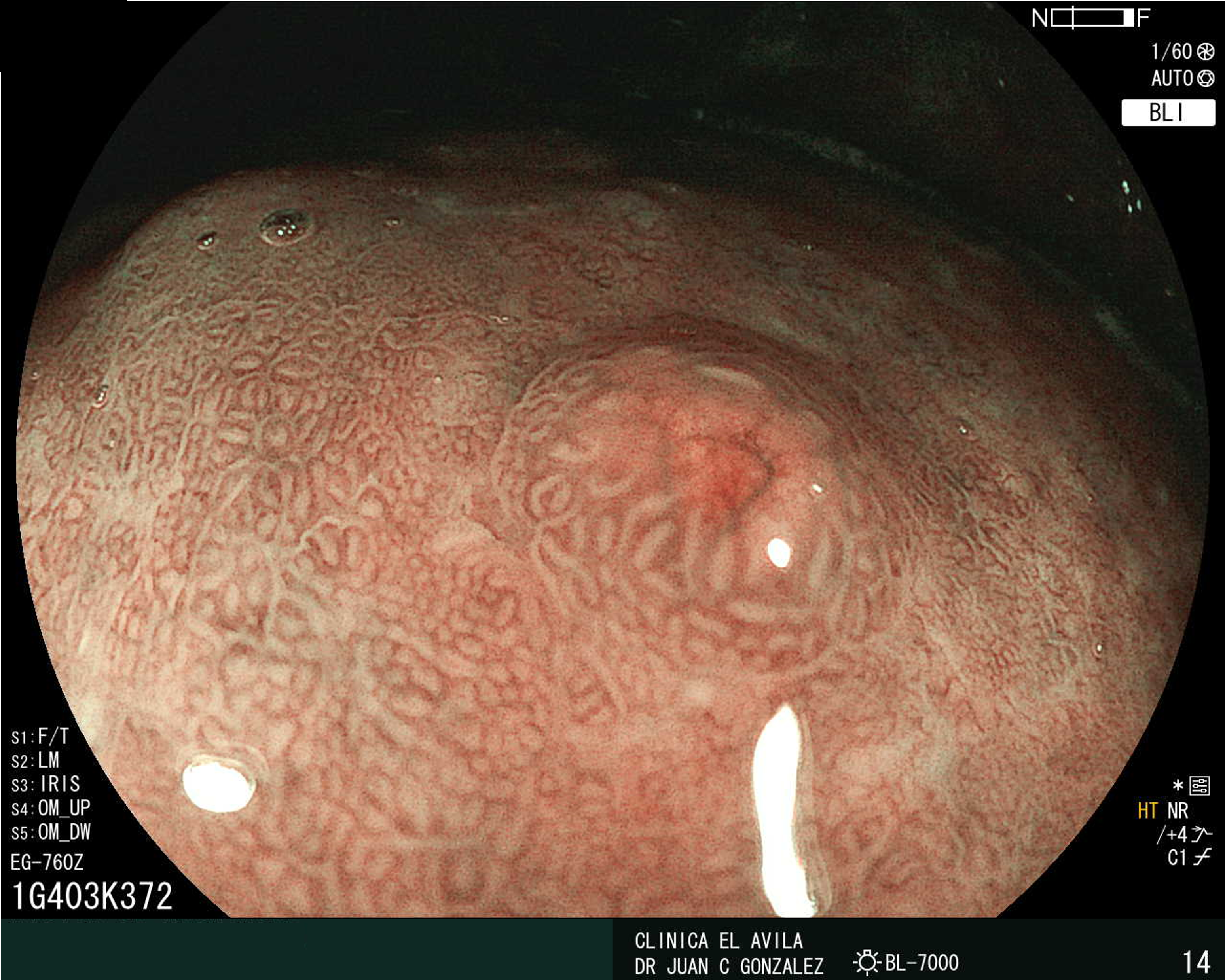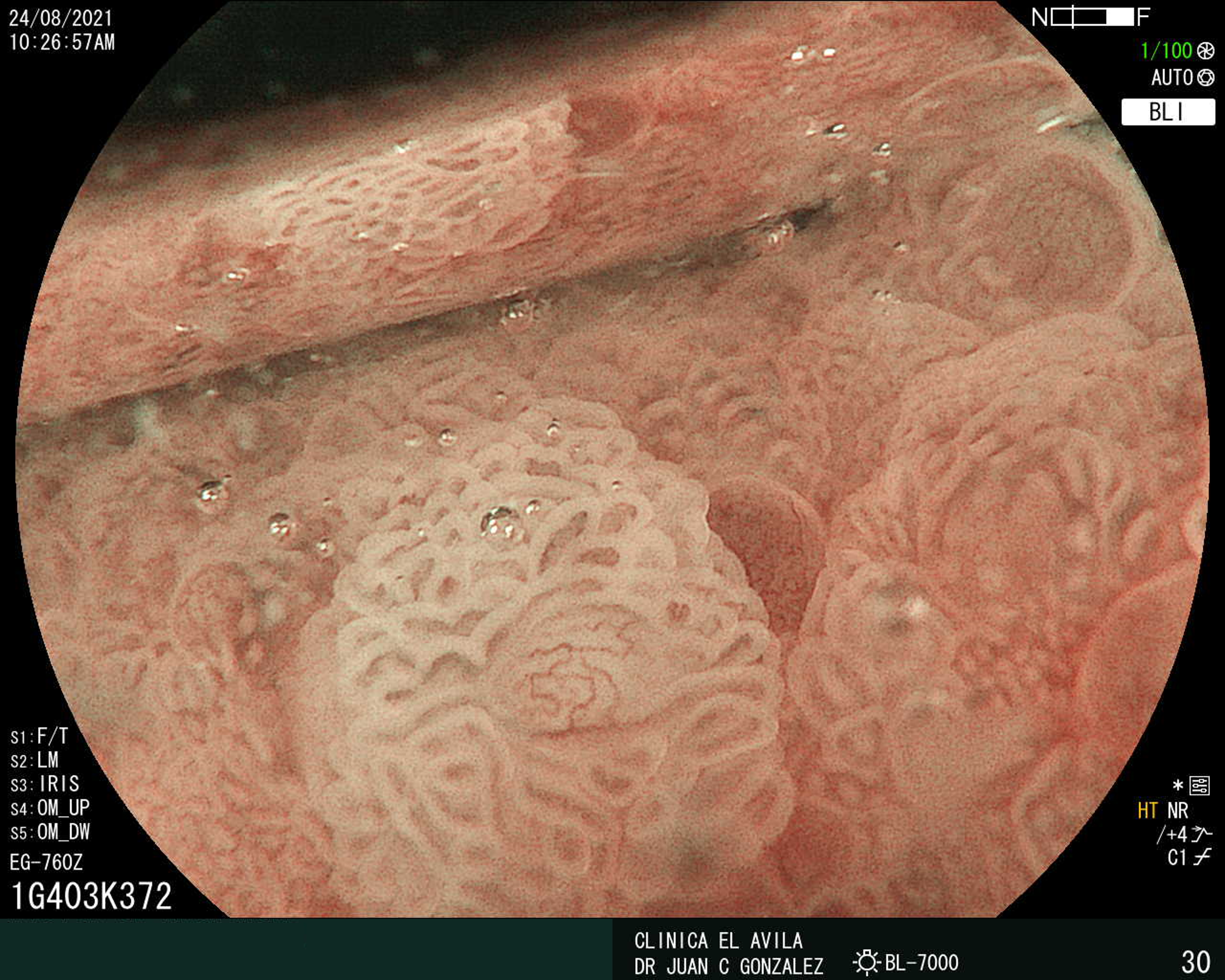Incidencia de disfunción y falla gastrointestinal aguda en pacientes pediátricos hospitalizados
Resumen
Palabras clave
Texto completo:
PDFReferencias
Klingensmith NJ, Coopersmith CM. The Gut as the Motor of Multiple Organ Dysfunction in Critical Illness. Crit Care Clin. 2016; 32 (2):203-12.
Nematy M, Brynes A, Hornick P, Patterson M, Ghatei M, Bloom S, et al. Postprandial ghrelin suppression is exaggerated following major surgery; implications for nutritional recovery. Nutrition & Metabolism 2007;4(20):1-5. DOI:10.1186/1743-7075-4-20.
Blaser R, Malbrain M, Starkopf J, Fruhwald S, Jakob S, De Waele J, BraunJ, et al Gastrointestinal function in intensive care patients: terminology, definitions and management. Recommendations of the ESICM Working Group on Abdominal Problems. Intensive Care Med (2012) 38:384–394.
Lyons J, Coopersmith C. Pathophysiology of the gut and the microbiome in the host response. Pediatr Crit Care Med. 2017 March ; 18 (3 Suppl 1): S46–S49.
Mittal R, Coopersmith C. Redefining the gut as the motor of critical illness. Trends Mol Med. 2014; 20 (4): 214–223.
Assimakopoulos SF, Triantos C, Thomopoulos K, Fligou F, Maroulis I, Marangos M, Gogos CA.Gut-origin sepsis in the critically ill patient: pathophysiology and treatment. Infection. 2018; 46 (6):751-760.
De Jong P, González-Navajas J, Jansen N. The digestive tract as the origin of systemic Inflammation. Critical Care 2016; 20:279. DOI 10.1186/s13054-016-1458-3
Ackland G, Grocott MP, Mytehen M. Understanding gastrointestinal perfusion in critical care: so near, and yet so far. Crit Care 2000; 4 (5): 269-81
Padar M, Starkopf J, Uusvel G, Reintam A. Gastrointestinal failure affects outcome of intensive care. Journal of Critical Care 2019; 52:103–108.
Reintam Blaser A, Poeze M, MalbrainML, Gastrointestinal symptoms during the first week of intensive care are associated with poor outcome: a prospective multicentre study. Intensive Care Med 2013; 39:899–909.
Shaffer J. Intestinal failure: definition and service development. Clin Nutr 2002; 1 (21 S):144-5.
Hu B, Sun R, Wu A, Ni YIn, Liu J, Guo F, Ying L, et al. Severity of acute gastrointestinal injury grade is a predictor of all-cause mortality in critically ill patients: a multicenter, prospective, observational study. Crit Care. 2017; 21: 188.
DOI: http://dx.doi.org/10.61155/gen.v74i2.516
IMÁGENES GEN
| Figura 1. Tumor Neuroendocrino Gástrico | Figura 2. Hiperplasia de Células Neuroendocrinas en estómago |
 |  |
 |  |  |
ISSN: 0016-3503 e-ISSN: 2477-975X










